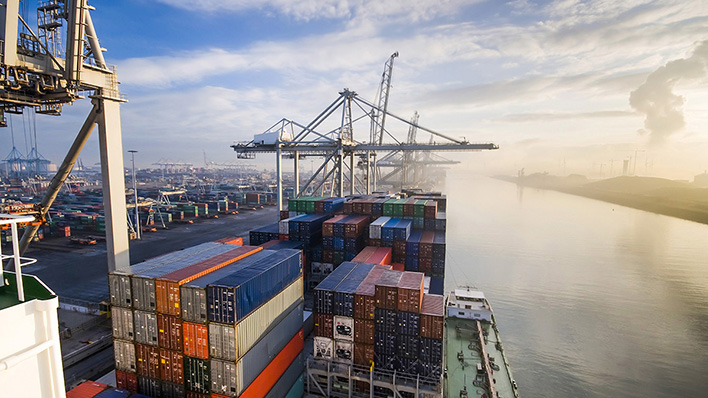
The TFA entered into force in 2017 and contains provisions for expediting the movement, release and clearance of goods, including goods in transit. It is the first WTO agreement in which developing members and LDC members can determine their own implementation schedules and seek to acquire implementation capacity through the provision of related assistance and support. As of 6 October, notifications submitted by developing members and LDC members indicate that they have committed to implement 70.1% of TFA obligations. Developed members were required to implement all provisions of the TFA from its entry into force.
According to the Secretariat’s update, 61 developing members and LDC members have committed to implement in the next two years measures which they have categorized under “Category C”, or measures in the TFA they have designated for implementation after a transition period and requiring the acquisition of implementation capacity.
The top five most notified Category C measures due for implementation in 2024-2025 are:
- Setting up a single window for traders to submit requirements (Article 10.4), which 82 developing members and LDC members have notified as Category C. Of this, only 19 have reported having arranged technical assistance and capacity building with donors.
- Ensuring cooperation among border agencies (Article 8), notified by 58 developing members and LDC members as Category C, of which 14 have reported donor arrangements;
- Providing additional benefits to “authorized operators” or trusted traders (Article 7.7), notified by 61 developing members and LDC members as Category C, of which 12 have reported donor arrangements;
- Establishing a risk management system for more targeted controls (Article 7.4), notified by 63 developing members and LDC members as Category C, of which 16 have reported donor arrangements;
- And establishing test procedures such as granting the opportunity of a second test in case of adverse findings (Article 5.3), notified by 60 developing members and LDC members as Category C, of which 18 have reported donor arrangements.
The Secretariat’s update further noted that 89 members have noted their technical assistance needs. Fifty-three donor governments and agencies meanwhile have reported as having provided technical assistance. The latest data can be found on the technical assistance tracker.
The dedicated session was part of the broader Trade Facilitation Week held on 2-6 October, which featured the Committee meeting and additional sessions on implementation assistance.
Share
Reach us to explore global export and import deals